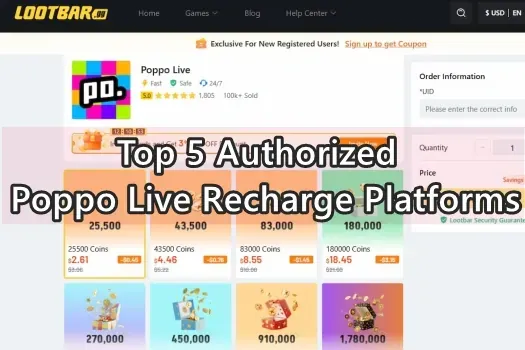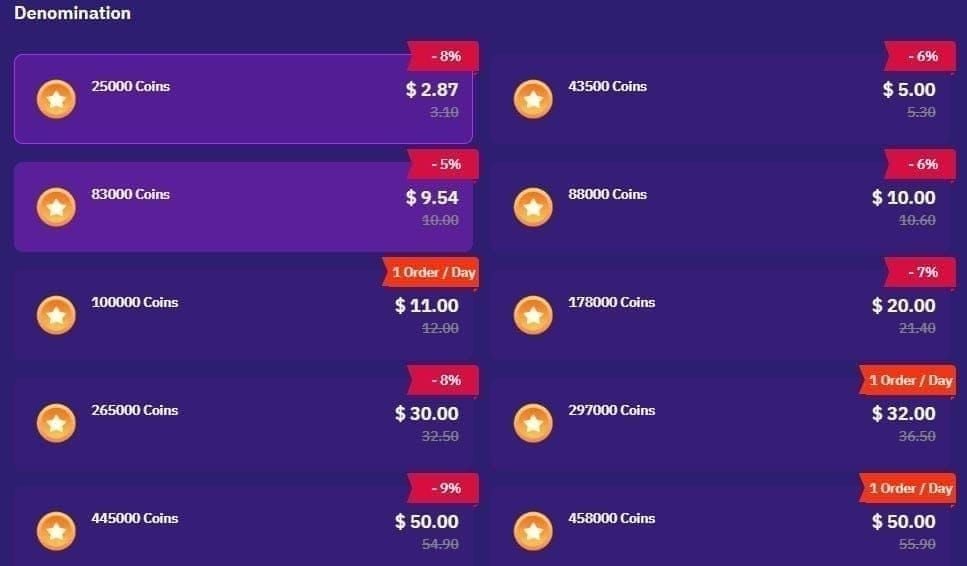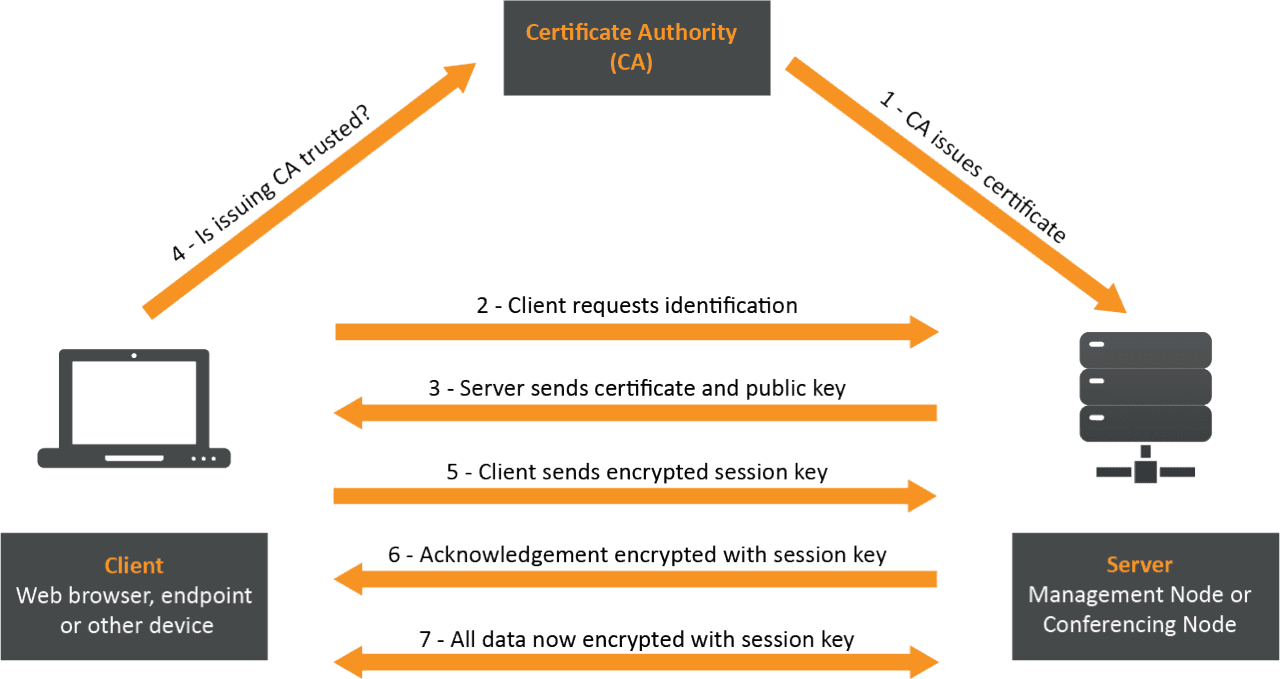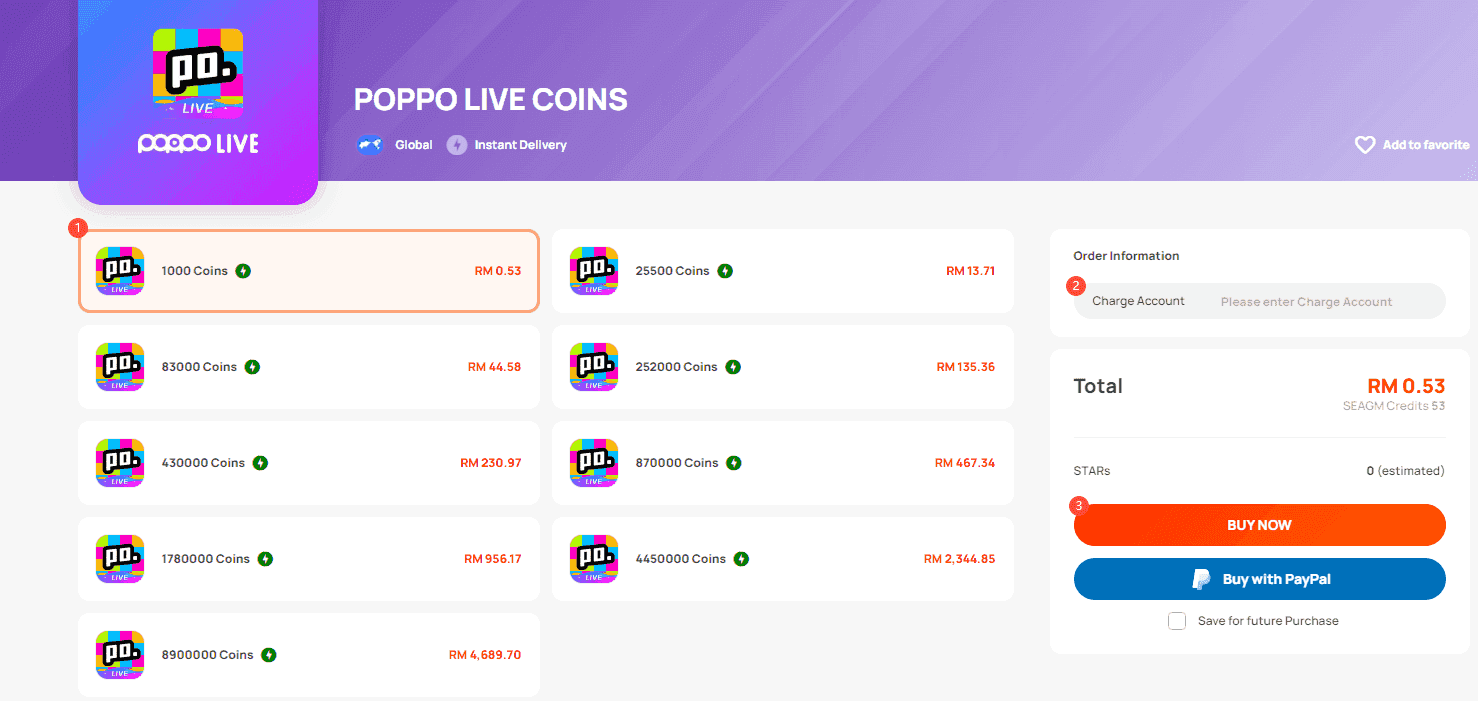Third-party Poppo top-ups can be safe when using verified platforms with SSL encryption, transparent policies, and legitimate reviews. However, they carry risks including financial loss, account bans, and data theft. Official channels remain the safest option, though reputable third-party sites offer 10-20% savings with proper security measures.
Look, I've been covering the gaming monetization space for years, and the question about third-party recharge platforms never gets old. Third-party services operate outside Poppo's official ecosystem – which creates both opportunities and, frankly, some pretty serious vulnerabilities. As a safe Poppo top up site, BitTopup has caught my attention for actually prioritizing user security through SSL encryption, transparent policies, and comprehensive customer support.
But let's dig deeper than the marketing speak.
Understanding Third-Party Poppo Top-Up Services
What Are Third-Party Poppo Recharge Sites
Here's the deal: third-party Poppo recharge sites are independent platforms selling Poppo coins outside the official app store ecosystem. Think of them as digital middlemen. They buy coins in bulk and resell them to individual users at discounted rates.

The flow is completely different from what you're used to. Official purchases go directly through Google Play, Apple App Store, or Poppo's in-app store. Third-party services? They use external payment processors and their own delivery systems. It's a whole different ballgame.
How They Differ from Official Channels
The math here is actually pretty interesting. Official Poppo purchases include service fees of up to 30% imposed by app stores – that's a significant chunk. Third-party platforms bypass these fees entirely.
Here's where it gets concrete: spend $50 on a third-party platform and you'll get 458,000 coins. Same $50 in the official Poppo store? Only 430,000 coins. That's not pocket change we're talking about.

Official USD pricing runs from 83,000 coins for $10 all the way up to 9,100,000 coins for $1,000. Third-party platforms offer more granular pricing – 7,000 coins for $0.85 or 350,000 coins for $38.00. Much more flexible if you ask me.
Why Players Consider Third-Party Options
Payment flexibility is huge. I can't tell you how many times I've heard complaints about official channels having limited payment options. Third-party sites support diverse local e-wallets, bank transfers, and regional payment methods that actually make sense for international users.
Plus, you can pay in local currencies and avoid those brutal bank conversion fees. And honestly? The customer service is often more responsive for billing issues. (Though that's not always saying much.)
Major Security Risks of Third-Party Poppo Purchases
Payment Information Theft
This is where things get scary. Unverified third-party sites expose users to serious financial risks through insecure payment processing. I've seen too many cases where websites lacking proper SSL encryption allowed interception of credit card details and personal data.
Your stolen information doesn't just disappear – it gets used for identity fraud or unauthorized purchases on other platforms. Always verify https:// URLs and padlock icons before entering sensitive information. No exceptions.
Account Security Compromises
Using unauthorized recharge methods can result in Poppo account suspension or permanent bans. The platform actively monitors for suspicious coin delivery patterns from unverified sources – they're not messing around with their Terms of Service.
Here's what really gets me: scam sites requesting login credentials. This leads to complete account takeover and loss of existing coins. Legitimate platforms never require Poppo passwords. Ever.
Fraudulent Transactions
Financial loss through non-delivery represents the most common third-party risk I encounter. Scam sites offer no customer support or refund process, with hidden fees and manipulated exchange rates that increase your actual costs.
If you see extreme discounts of 30-50%, that's a red flag. Legitimate platforms typically offer modest savings of 10-20%. The math has to make sense somewhere.
No Purchase Protection
Unlike official channels with established dispute resolution processes, third-party purchases often leave you hanging. You can't rely on app store refund policies or official Poppo support for unauthorized purchase issues.
Bottom line: you bear full responsibility for verifying platform legitimacy before completing transactions.
How to Identify Safe vs Unsafe Poppo Top-Up Sites
SSL Certificate Verification Steps
This is Security 101, but it's worth repeating. Verify SSL encryption by examining the website's address bar for https:// and a padlock icon. Sites displaying http:// or browser Not Secure warnings? Run.

Click the padlock icon to view certificate details, including issuing authority and expiration date. Valid certificates from recognized authorities like DigiCert, Comodo, or Let's Encrypt indicate proper security implementation. It's not foolproof, but it's a good start.
Website Legitimacy Indicators
Legitimate platforms display clear business information: company registration details, physical addresses, and multiple contact methods. Look for transparent privacy policies, terms of service, and refund procedures. These indicate professional operation.
Professional website design matters too – proper functionality, fast loading times, and mobile optimization suggest investment in legitimate business infrastructure. Scammers usually don't invest in good UX.
Customer Review Analysis
Independent review platforms like Trustpilot provide real insights into platform reliability and customer satisfaction. Look for detailed reviews mentioning specific experiences with delivery times, customer service responsiveness, and dispute resolution.
Be cautious of sites with only positive reviews or generic feedback. Real users complain about something.
Payment Security Features
Secure platforms support verified payment gateways including PayPal, major credit cards, and established regional e-wallets. Multiple payment options indicate partnerships with legitimate financial processors.
Avoid platforms requesting unusual payment methods like gift cards, cryptocurrency-only payments, or direct bank transfers to personal accounts. That's amateur hour stuff.
Red Flags: Warning Signs of Poppo Top-Up Scams
Unrealistic Pricing and Discounts
Offers exceeding 30% discounts compared to official prices typically indicate fraudulent operations. The economics just don't work. Legitimate platforms offer 10-20% savings through reduced overhead – that's the realistic range.

Limited-time pressure tactics like offer expires in 1 hour are classic scam techniques designed to prevent careful consideration. Don't fall for it.
Poor Website Design and Functionality
Scam sites feature unprofessional design elements including spelling errors, broken images, inconsistent formatting, and non-functional contact forms. Websites that redirect through multiple domains, display inconsistent branding, or lack proper navigation structure indicate potential fraud.
It's 2025 – there's no excuse for a broken website if you're handling financial transactions.
Lack of Contact Information
Legitimate platforms provide multiple contact methods including email addresses, phone numbers, live chat support, and social media presence. Absence of clear contact information or only generic contact forms suggests potential fraud.
Test contact methods before making purchases to verify support availability. If they don't respond to simple questions, they won't help when things go wrong.
Suspicious Payment Methods
Requests for invasive personal information after payment – such as ID documents, selfies, or credit card photos – indicate potential identity theft operations. As a legit Poppo coin seller, BitTopup maintains streamlined verification processes that protect user privacy while ensuring transaction security.
That's how it should work.
SSL Security Check: Step-by-Step Verification Guide
Browser Security Indicators
Modern browsers make this easy. The address bar should display a padlock icon next to the URL, with the address beginning with https://. Green padlocks or company names indicate extended validation certificates.
Click the padlock icon to access detailed security information, including certificate validity, encryption strength, and issuing authority. Don't skip this step.
Certificate Authority Validation
Examine the certificate issuing authority to ensure recognition by major browsers and security organizations. Trusted authorities include DigiCert, GlobalSign, Comodo, and Let's Encrypt.
Check certificate expiration dates to ensure current validity. Expired or soon-to-expire certificates may indicate poor security maintenance – not a good sign for a payment processor.
Encryption Level Assessment
Modern secure sites should implement TLS 1.2 or higher encryption protocols. Browser developer tools can reveal specific encryption details if you want to get technical about it.
Sites using outdated encryption protocols or displaying mixed content warnings should be avoided for financial transactions. Period.
Security Seal Verification
Many legitimate platforms display security seals from organizations like Norton, McAfee, or Trustwave. These seals should be clickable and link to verification pages confirming current security certification status.
However, security seals can be faked, so combine seal verification with SSL checks and business credential research. Trust but verify.
Official vs Third-Party Poppo Recharge: Complete Comparison
Security and Safety Comparison
Official channels provide maximum security through established app store payment systems with built-in fraud protection, dispute resolution, and regulatory compliance. No argument there.

Third-party platforms vary significantly in security implementation. Reputable services implement comparable security measures including SSL encryption, PCI DSS compliance, and secure payment processing. The key word is reputable.
Pricing and Value Analysis
Official pricing includes app store fees of up to 30%, making it the most expensive option. Standard official structure ranges from $10 for 83,000 coins to $1,000 for 9,100,000 coins.
Legitimate third-party platforms typically offer 10-20% savings through reduced overhead costs. Some promotional offers include new user bonuses of 8-12% off first purchases. The savings add up if you're a regular user.
Customer Support Differences
Official support operates through established app store channels and Poppo's in-app support system, providing standardized but sometimes limited assistance. I've heard mixed reviews about response times.
Quality third-party platforms often provide more responsive customer support through multiple channels including live chat, WhatsApp, and email. When it works, it works well.
Refund Policy Comparison
Official channels follow established app store refund policies with clear procedures for disputing charges. That's reassuring.
Third-party refund policies are typically more restrictive, with most platforms offering refunds only for failed deliveries rather than completed transactions. User errors, such as incorrect Poppo ID entry, are generally not covered. Read the fine print.
Refund Options and Dispute Resolution Paths
Official Poppo Refund Process
Official Poppo policy states that coin transactions are generally irreversible once completed, particularly for user errors like incorrect ID entry. App store refund policies provide additional protection for official purchases.
Google Play and Apple App Store maintain established procedures for disputing charges with specific timeframes and documentation requirements. It's bureaucratic, but it works.
Third-Party Refund Limitations
Third-party platforms typically implement strict refund policies limiting eligibility to technical failures rather than user errors. Once coins are successfully credited to an account, transactions become final.
Refund eligibility requires proof of payment failure on the platform's end. Users need to provide Poppo ID, payment screenshots, and file claims within specified periods – often 7 days or less. Don't wait around.
Chargeback and Bank Disputes
When third-party platforms fail to provide adequate resolution, users can initiate chargebacks through credit card companies or payment processors like PayPal. This process requires documentation of non-delivered services and unresponsive merchant behavior.
Credit cards generally provide stronger protection than debit cards or direct bank transfers. Choose your payment method wisely.
Consumer Protection Resources
Users can report fraudulent platforms to consumer protection agencies, payment processor fraud departments, and review platforms. Maintaining detailed transaction records including receipts, screenshots, and communication attempts strengthens dispute cases.
Documentation is your friend here.
Best Practices for Secure Poppo Coin Purchases
Recommended Payment Methods
Credit cards provide the strongest protection for third-party purchases through chargeback rights and fraud monitoring systems. PayPal offers additional buyer protection with established dispute resolution processes.
Avoid payment methods offering limited recourse, such as gift cards, cryptocurrency-only transactions, or direct bank transfers to personal accounts. These offer virtually no protection.
Account Security Measures
Enable two-factor authentication on both Poppo accounts and payment methods. Never share Poppo login credentials with any third-party service – legitimate platforms only require user ID for coin delivery.
Regularly monitor account activity for unauthorized transactions or suspicious coin additions. Stay vigilant.
Transaction Verification Steps
Always verify Poppo ID accuracy before confirming payments. Incorrect entries typically cannot be reversed, and that's an expensive mistake.
Double-check the ID displayed in your Poppo profile under your nickname. It's worth the extra 30 seconds.
Record Keeping Tips
Screenshot everything. All transaction details including payment confirmations, platform terms, and delivery notifications.
Save email confirmations and maintain organized files for easy access during potential disputes. Document platform contact attempts and responses to demonstrate good faith efforts at resolution.
What to Do If Your Poppo Payment Goes Wrong
Immediate Response Steps
Contact the third-party platform's customer service immediately with complete transaction details including payment receipts and Poppo ID information. Time matters here.
If the platform proves unresponsive, immediately contact your payment provider to report the transaction as fraudulent or for services not rendered. Don't wait weeks hoping they'll respond.
Contacting Support Services
Provide comprehensive documentation when contacting support services, including transaction IDs, payment confirmations, platform communications, and clear descriptions of the issue.
Maintain professional communication while clearly stating expectations for resolution. Document all support interactions including dates, representative names, and promised actions.
Documenting the Issue
Create detailed records of the entire transaction process including platform selection reasoning, security verification steps taken, and timeline of events.
Screenshot relevant platform pages, terms of service, and any error messages encountered during the transaction process. Evidence matters.
Prevention for Future Purchases
Learn from problematic experiences by identifying warning signs that were missed during platform evaluation. Update security verification procedures based on new knowledge about potential risks and red flags.
Consider returning to official channels if third-party experiences prove consistently problematic. Sometimes the extra cost is worth the peace of mind.
Frequently Asked Questions
Is it safe to buy Poppo coins from third-party websites? Third-party Poppo purchases can be safe when using verified platforms with SSL encryption, transparent policies, and legitimate customer reviews. However, they carry inherent risks including potential account bans, financial loss, and data theft. Official channels remain the safest option despite higher costs.
How can I verify if a Poppo top-up site is legitimate? Verify legitimacy by checking for SSL encryption (https:// and padlock icon), reading independent customer reviews on platforms like Trustpilot, confirming transparent business information and contact details, and testing customer support responsiveness. Legitimate sites support mainstream payment methods like PayPal and major credit cards.
What are the risks of using unofficial Poppo recharge services? Major risks include financial loss through non-delivery of coins, potential Poppo account suspension for violating Terms of Service, theft of payment information and personal data, and lack of purchase protection or dispute resolution options. Users bear full responsibility for verifying platform legitimacy.
How do I check SSL security before making Poppo payments? Check SSL security by examining the website address bar for https:// and a padlock icon before entering payment information. Click the padlock to view certificate details including issuing authority and expiration date. Trusted certificate authorities include DigiCert, Comodo, and Let's Encrypt.
Can I get a refund if third-party Poppo purchase fails? Refund options depend on the specific platform and circumstances. Most third-party sites only offer refunds for technical failures on their end, not user errors or completed transactions. If platform support is unresponsive, users can initiate chargebacks through credit card companies or PayPal disputes.
What should I do if I get scammed buying Poppo coins? Immediately contact the platform's customer service with complete transaction documentation. If unresponsive, file disputes with your payment provider requesting chargebacks for non-delivered services. Report the scam to consumer protection agencies and review platforms to warn others.

